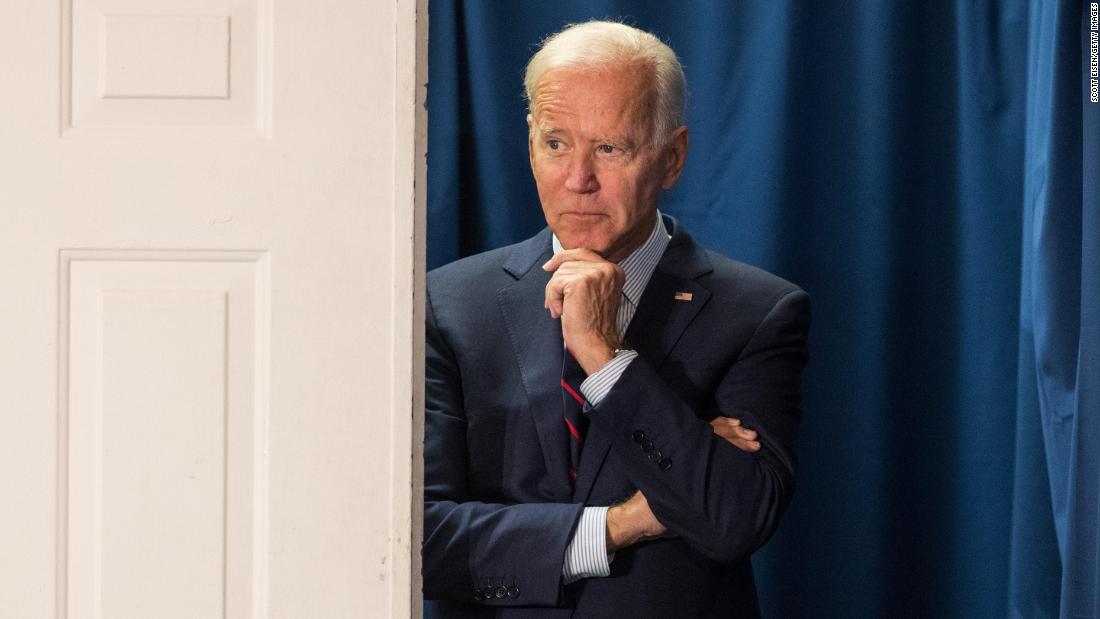[ad_1]
No, not on the stage in Westerville, Ohio. All the way back in Washington, DC, where reports detailing how much each of the candidates raised, spent and most importantly have left in the bank began to land at the Federal Election Commission.
SIREN.
Then consider this: Biden’s total cash on hand is less than all of his main rivals for the Democratic nomination, including even California Sen. Kamala Harris ($10.5 million) who has dropped precipitously in polling over recent months. Vermont Sen. Bernie Sanders ($33.7 million) has more than three times more left to spend than Biden, while Massachusetts Sen. Elizabeth Warren ($25.7 million) and South Bend Mayor Pete Buttigieg ($23.4 million) have well more than double Biden’s total.
DOUBLE SIREN.
Why should these numbers cause panic — or at least real concern — for Biden? After all, money isn’t everything in politics! Donald Trump won the Republican primary in 2016 spending a trifle of what people like Jeb Bush and even Ted Cruz did.
True! Money isn’t always determinative. But what fundraising does signal — especially in a crowded and uncertain field with a few months left before anyone actually votes — is momentum and organic energy. Think about it: Taking some of your hard-earned money and giving it to a candidate is one of the strongest signs of support you could possibly offer. You are saying, in essence: I believe in this person so much that I am willing to invest in him or her. That’s a big deal!
So Biden’s total cash haul — $15.7 million — isn’t great. (He was outraised by Sanders, Warren and Buttigieg.) But his burn rate — the amount he spent — is even more concerning. Biden spent more than $17.6 million, meaning $2 million more went out than came in. Which is bad! But could be mitigated somewhat if Biden had previously stocked away a Scrooge McDuck-like set of gold coins (or just plain dollar bills) that he could draw from to fund his efforts in the third fundraising quarter.
Unfortunately for Biden, however, there is no store of gold doubloons. He spent more than he raised and he has half (or less) of the cash on hand than his main rivals for the nomination. That’s bad stacked on bad, with bad slathered on top.
On a practical level, Biden’s cash-poor status will complicate his efforts to a) build and maintain top-level organizations in not only the four early-voting state but also the slew of states slated to vote on March b) run the necessary TV ads in early states to reintroduce himself to voters and c) raise more money to fund all of these efforts because money is driven by momentum.
Yes, Biden remains the best-known candidate in the field. And yes, because of that status, he has less introducing (or reintroducing) of himself to do to voters. So his cash situation isn’t a death knell as it might be for some of his rivals.
But make no mistake: Biden’s fundraising situation is bad. And there are few signs it’s getting better.
[ad_2]
Source link

